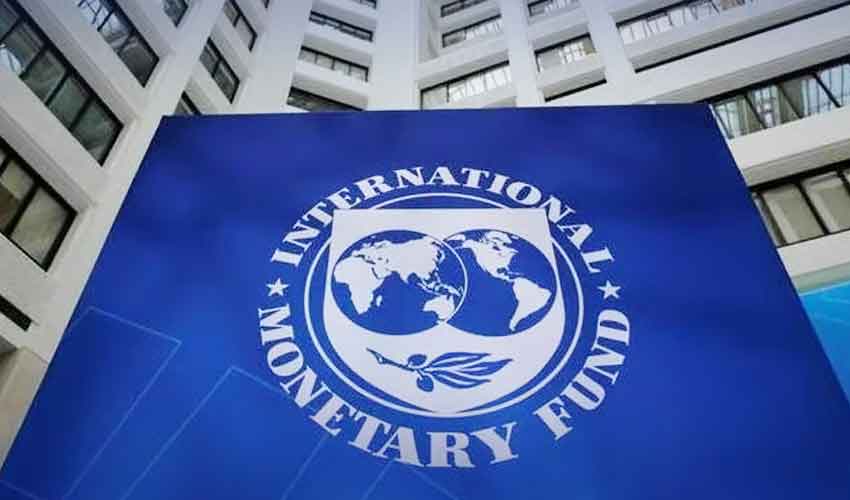The International Monetary Fund (IMF) has called for significant improvements in Pakistan's insurance sector, following which the Securities and Exchange Commission of Pakistan (SECP) has prepared three critical draft laws aimed at restructuring the industry.
Sources say that these reforms, which will shift oversight of the insurance sector from the Ministry of Commerce to the Ministry of Finance, are aimed at restructuring the insurance sector and will enhance business operations within the country.
Sources indicate that after obtaining approval from the federal cabinet, these laws will be presented in parliament for consideration.
They said that the proposed reforms in the insurance sector aim to establish SECP as a regulator, allowing consumers to directly apply to the regulator and seek redressal for their grievances regarding insurance services.
The SECP sources said that in a major shift, all government-owned insurance companies would be privatised. Furthermore, the SECP is set to introduce legislation for third-party vehicle insurance, addressing a critical area of consumer protection in the insurance market.
Also Read: Pakistan approves Circular Debt Management Plan to meet IMF conditions
On the other hand, the government has taken a significant step to satisfy the International Monetary Fund (IMF) loan program requirements by approving the Circular Debt Management Plan for the current fiscal year.
The Economic Coordination Committee (ECC) granted preliminary approval, with the final nod expected from the federal cabinet.
According to documents from the Ministry of Finance, the new plan aims to limit the flow of increase in circular debt to Rs36 billion. Last fiscal year, circular debt ballooned to Rs2,393 billion. Under its agreement with the IMF, the government assured that circular debt would not exceed Rs2,310 billion; however, projections for this fiscal year suggest a potential rise to Rs1,077 billion if no mitigating measures are taken.
To manage this debt effectively, the government has proposed several measures, including a timely increase in electricity tariffs, efforts to reduce line losses, and targeted subsidies. The report states that the debt management plan will prevent the increase in circular debt.



























